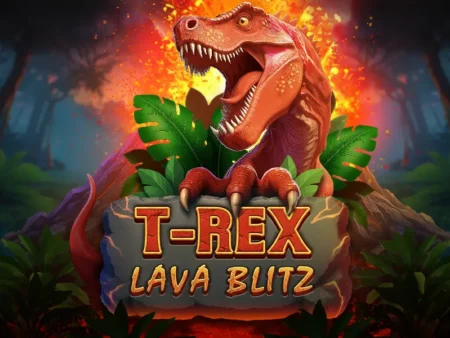Maine legislators have recently passed an online casino bill that would legalize online casino games operators within the state. LD1164, introduced in March 2025, stalled in April but later passed committee with an 8-5 vote.
The bill establishes rules for legal online casinos in Maine, including an 18% tax on gaming revenue. Lawmakers expect the tax to raise $1.8 million in 2025-26 and $3.6 million in 2026-27.
Moreover, tax funds will support public health programs, including gambling addiction prevention, veteran housing, and opioid treatment initiatives.
Reception for LD1164
Maine has two commercial casinos: Oxford Casino and Hollywood Casino Bangor, owned by Churchill Downs and Penn Entertainment. Both companies oppose online gambling expansion, citing potential financial losses and job risks.
Despite opposition, supporters argue the bill offers a unique chance for economic growth, especially for Maine’s tribal communities. The Wabanaki Nations include four federally recognized tribes living in Maine.
Wabanaki leaders say gambling revenue is essential and won’t harm Maine’s commercial in-person casinos. They also believe it could reduce illegal online gambling. Chief William Nicholas Sr. said Mainers should benefit, not offshore companies or operators of illegal gaming apps.
Historically, the 1980 Maine Indian Claims Settlement Act blocked them from owning casinos.
Now, the bill could help reverse that exclusion and expand tribal economic opportunities.
Tribes Will Still Have Monopoly
LD1164 would give Maine tribes exclusive rights to run online slot games websites, similar to 2023’s sports betting law. Under current agreements, three Wabanaki tribes partnered with Caesars, and one tribe teamed with DraftKings for sports betting.
These deals let the tribes collect 50% of gross sports betting receipts, boosting their economic benefits. The bill has legislative momentum and strong support from tribal leaders and some lawmakers.
However, it still faces resistance from Governor Janet Mills, who has not endorsed it. The Maine legislature is in special session, allowing LD1164 to be debated or carried into the next session.
Last Updated on by jonathan r











